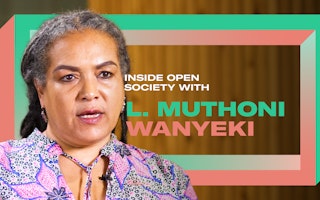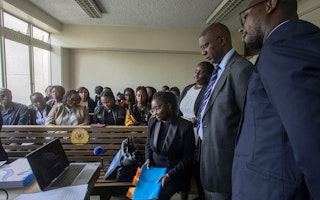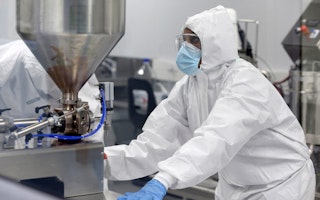Senegal’s Fragile Democracy
By Abdul Tejan-Cole
March 26, 2012, marked a new era in Senegal’s political history. The outcome of the second round of the elections left many surprised. The elections were viewed as the most uncertain in the country’s democratic experience. Octogenarian president Abdoulaye Wade’s determination to run for a third term against all odds made many believe that he would do everything to cling to power and most were ready for the worse. His move to call the winner of the elections, Macky Sall, and concede defeat after only 15% of the ballot had been counted was even more surprising.
As the first results were announced on Sunday evening, it was clear that Macky Sall was heading for a resounding victory. Senegalese started celebrating at home. At about 9:30pm, state TV, RTS, stunned all when it announced that Wade, nicknamed “the hare” for his cunning tricks, had called Macky Sall to congratulate him. The hare had been outwitted. Celebrations moved outdoors with thousands jubilating in the streets of Dakar and many other parts of Senegal to loud music and the honking of car horns.
Like the crowds in the street, the clichés started flowing. Senegal was once again hailed as a model of democracy. The African Union described “the choice of alternation and the recognition, by the outgoing president, of the victory of his adversary, are eloquent testimony to the vitality of democracy in Senegal and the maturity of the Senegalese political actors, which not only honor Senegal, but also the continent as a whole.” A leading sociologist, Hadiya Tandian, told AP that it was" a great victory for Senegal—it shows the maturity of our democracy."
Great news indeed! But the positive end of events should not make us close our eyes to the inadequacies of the electoral process and in particular the tensions that marked the period leading up to the elections. These gaps almost truncated the entire electoral process and remain great threats to Senegal’s stability. As most of Dakar continues its celebrations, it is worth reflecting on the multiple attempts made throughout the process to thwart the will of the Senegalese people.
According to most constitutional experts, Wade’s bid for a third term was unconstitutional. He had already served two terms as is provided for in the Senegalese Constitution but yet used the amendment of the Constitution during his first term of office as an excuse to run for another term. Despite all the legal arguments advanced by Senegal’s best and brightest and the unprecedented protests from all the political class as well as civil society and youth movements, its Constitutional Council validated his candidacy and gave him another chance to run for the top job. Its decision was not a bombshell. Composed of a membership all of whom were appointed by Wade, their lack of independence and neutrality was incontrovertible.
In addition, the Constitutional Council rejected the candidacy of celebrated musician Youssou Ndour. Whilst the excuse regarding Wade’s candidacy may have been arguable, its excuse this time was indefensible. It claimed he failed to submit the required 10,000 signatures all independent candidates were required to submit. Although Ndour produced evidence that he submitted in excess of the number of signatures, their decision stood and Ndour was prevented from contesting primarily because of the fear that he may take away votes from the President’s largely grassroots supporters.
The Constitutional Council was not alone. CENA, the electoral commission, the Ministry of Elections and many other institutions meant to be independent and play a watchdog role fell badly short in performing their responsibilities. Even the legislature was not immune. During his tenure, Wade changed the country’s constitution at least 15 times without consulting political parties or the people via a referendum. Observers believed he had one primary motive behind all his amendments—to ensure that his son, Karim, succeeded him as president. In June last year, he introduced his most controversial amendment. To win a presidential election, a candidate was only required to get 25% of the vote instead of the current 50 +1 in the first round. By all indications, Parliament would have enacted this law. It was only the violent demonstrations in the streets of Dakar that shocked Wade and forced him to withdraw the bill.
The fact that Wade could manipulate the Constitutional Council and amend the constitution at will is worrisome. The architecture of Senegal’s democracy is weak. At a time when many are hailing Senegal’s democracy, it is worthwhile to take a step back and reflect about some of these shortcomings. There is a need to reform and reinforce the constitution. The watchdog institutions that protect its democracy must be apolitical, depoliticized and strengthened. This is not the time to rest on our oars and bask in glory. The vigilance that eventually led to free and fair elections must continue if Senegal is to consolidate and strengthen its democracy. This victory was won in spite of the inadequacies of the various institutions that are supposed to protect democracy. Next time we may not be so lucky.
Until February 2018, Abdul Tejan-Cole was the executive director of the Open Society Initiative for West Africa.


